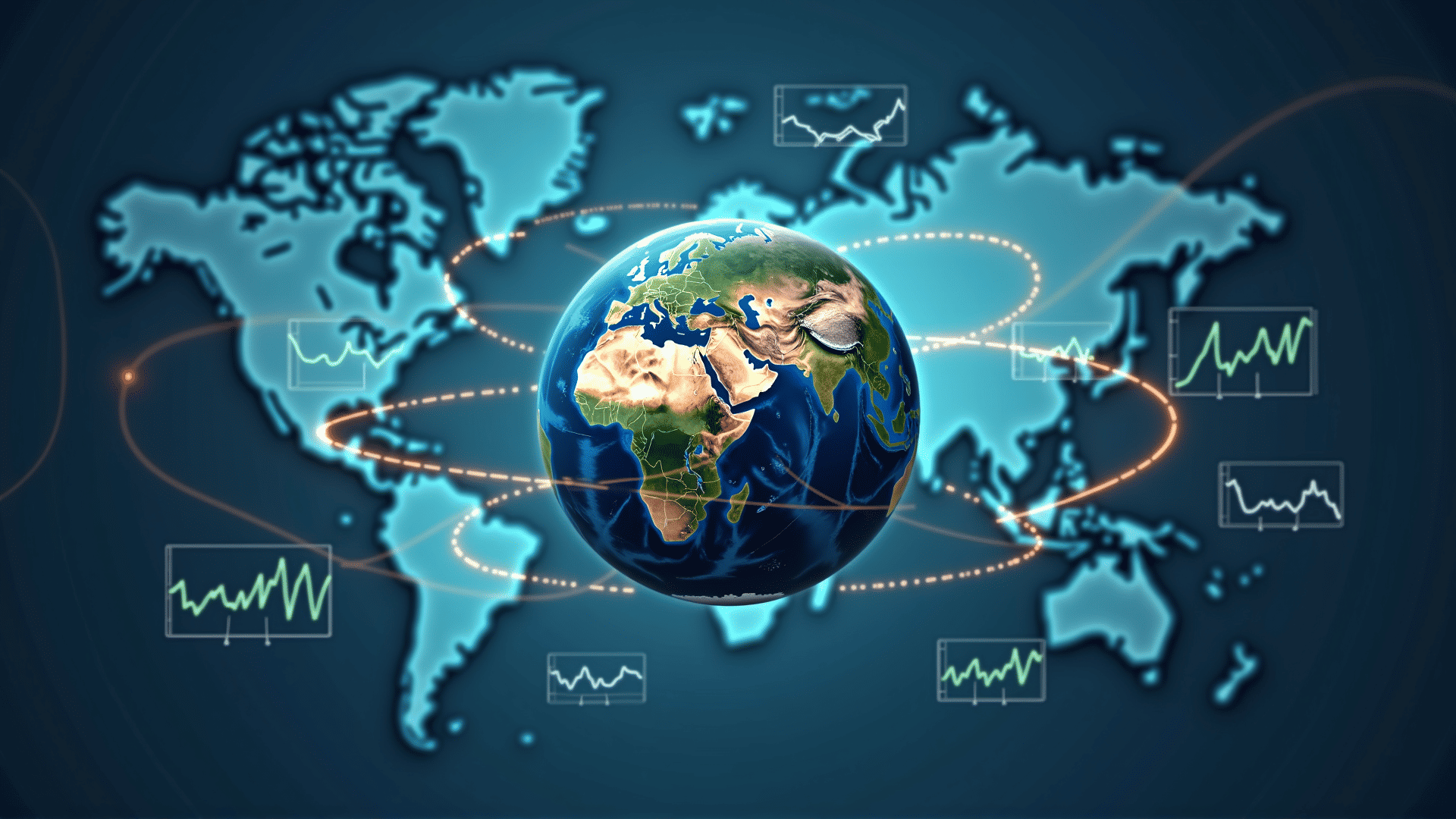Understanding how global market dynamics affect national economic conditions illuminates the intricate web that drives economies worldwide. The interconnectedness of international markets and local economies underscores the significance of globalization in shaping financial landscapes. Here are several key aspects that demonstrate this influence:
-
Exchange Rates and Currency Valuation: One primary way global markets influence national economies is through exchange rates. Fluctuations in the global market can lead to significant changes in a country's currency value, affecting import and export prices. A stronger currency can make a nation's exports more expensive on the international market, potentially reducing demand. Conversely, a weaker currency can boost exports but may increase the cost of imports, contributing to inflation.
-
Commodity Prices: The global demand and supply of essential commodities such as oil, metals, and agricultural products directly affect national economies. Changes in these prices can impact production costs and supply chains, altering the economic stability of countries reliant on specific resources. For instance, a surge in oil prices can benefit exporting nations while straining economies heavily dependent on oil imports.
-
International Trade Policies: Trade agreements and tariffs imposed by large economic powers have far-reaching consequences for other nations. Tariffs can make imported goods more expensive, impacting consumer prices, while favorable trade deals can boost a country's export sector. Shifts in trade policies can result from political changes, altering the dynamics of international competition and cooperation.
-
Cross-Border Capital Flows: Global investment and capital movements can lead to increased economic growth or challenges, depending on their nature. Inflows of capital can finance infrastructure and business expansion, supporting employment and innovation. However, rapid outflows can destabilize economies, especially if they lead to liquidity shortages or undermine local businesses.
-
Technological Advancements and Innovation: The global spread of technology and innovation fuels economic growth by enhancing productivity and efficiency. Access to new technologies can level the playing field for developing nations, allowing them to compete in international markets. However, technological advancements can also render certain industries obsolete, requiring nations to adapt swiftly.
-
Environmental Policies and Climate Change: Global efforts to address climate change have profound implications for national economic policies. Countries may need to invest in green technologies and infrastructures, altering economic priorities and industry standards. This shift can create new opportunities but also challenges as industries transition away from carbon-intensive activities.
-
Geopolitical Tensions and Conflicts: Political stability and security are crucial for economic growth. Global tensions can lead to uncertainties that affect markets, hindering foreign investment and economic development. Stability encourages trade and economic partnerships, while conflict can disrupt markets and lead to economic downturns.
In essence, understanding the influence of global market dynamics on national economies requires recognizing the intricate balance of economic, political, and technological factors. Each of these elements often plays a crucial role in crafting a nation's economic strategy, serving as both opportunities for growth and challenges to overcome. As global integration continues to deepen, so will the impact of these dynamics, underscoring the need for nations to stay agile and informed in their economic policies.
